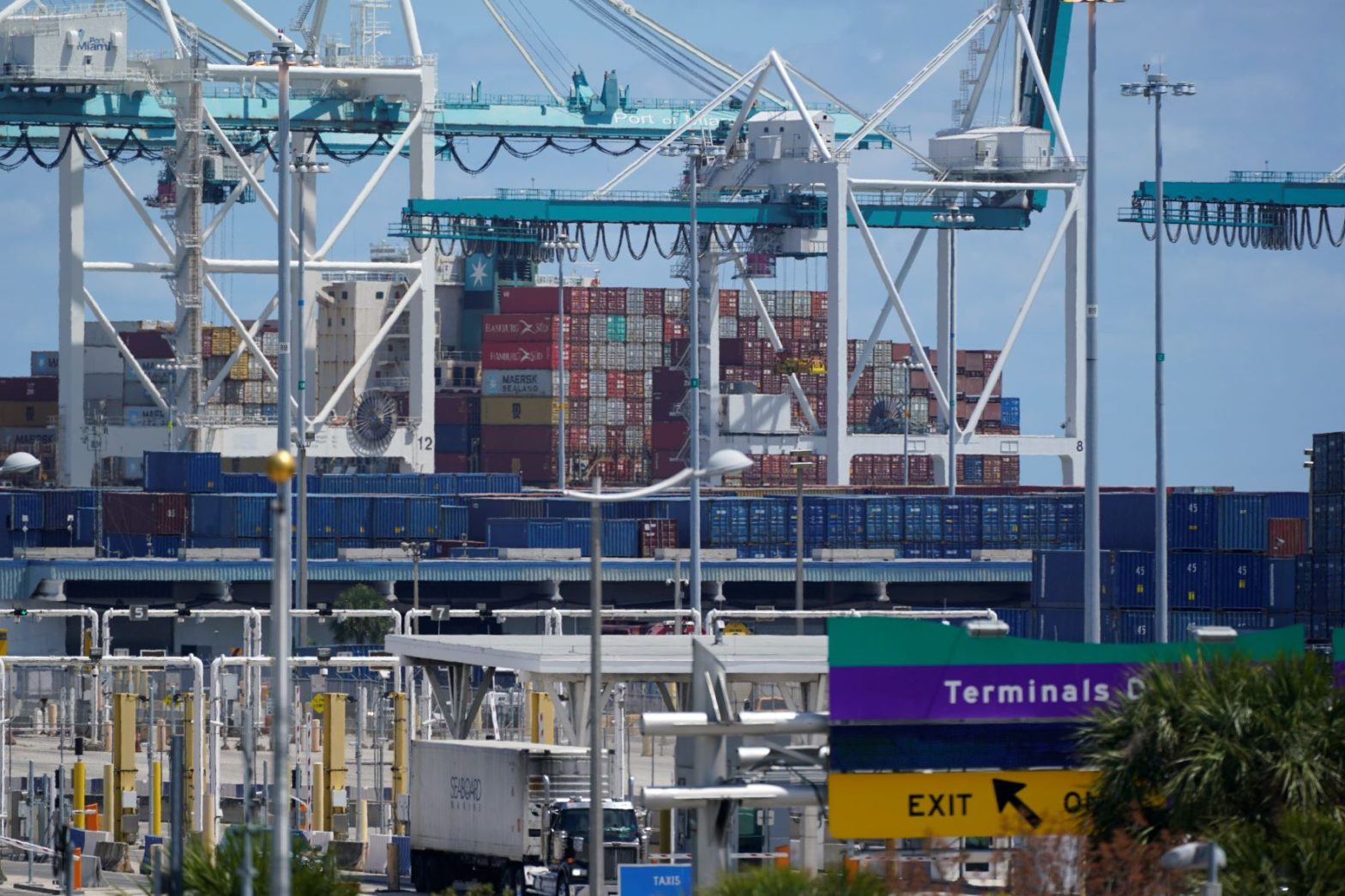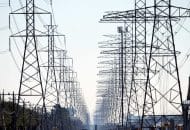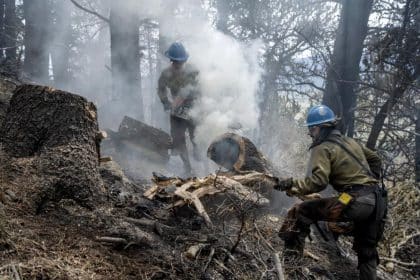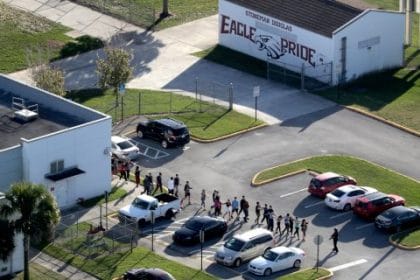Hidden in Plain Sight: the Next Biosecurity Threat
COMMENTARY

Four and a half years after COVID-19 swept the globe, killing over a million Americans and devastating our economy, we have no reliable early warning system for infectious pathogenic outbreaks. In fact, the situation may have deteriorated.
The World Health Organization has no means to compel member states to notify it or others if an infectious disease is spreading. The International Health Regulations contain a “requirement” of immediate notification, but there is no consequence for non-compliance.
China’s response to COVID-19 exposed the lethality of this gap. China showed countries who are likely the source of the next global outbreak that a nation can refrain from alerting the world to a potentially deadly pathogen spreading in its population and refuse or delay entry by specialists from the WHO or any other entity and nothing will happen.
There will be no trade repercussions, no sanctions, no reduction in aid, no other action taken.
The world then witnessed how South Africa suffered when it acted differently and promptly notified the world of the omicron variant.
Flights stopped. Hotels emptied. Trade slowed.
The message is now clear: Keep quiet as long as possible to keep your hotels and beaches full, trade going and air travel open. There will be no penalty if you delay reporting. There will be no penalty if you refuse or delay access to the WHO or other specialists.
In Geneva, Switzerland, negotiations on a global pandemic preparedness treaty stalled where they were predicted to stall: who gives what to whom and for how much?
If an international agreement does progress, to be effective it must “have teeth, but they rarely do,” commented the executive director of the American Public Health Association. If Geneva produced any agreement, the United States could be a party only with Senate ratification. The likelihood of that level of bipartisan cooperation is (charitably) remote.
Congressional hearings on the origins of COVID-19 and the science and politics wound into our response have solidified political positions. While the inquiries are important, they distract us from where we also should be looking.
Focusing on China’s historic response means we lose sight of the risk presented by scores of other countries that might originate an infectious pathogen by accident, design or bad luck. If that happens, under current rules, these countries have every reason to stay quiet and uncooperative to protect short-term interests.
The net is that after the trauma and expense of the pandemic, we rely on discretion of our trading partners and aid recipients to tell us if an infectious outbreak is spreading. This is true for every country through or from which illegal immigrants travel, every country we visit as tourists, every country that sends us products, produce or people.
The solution is right in front of us. We deal with it every day when traveling by plane or moving funds.
After 9/11, when the United States faced terror threats that could arrive by air, land or sea, we unilaterally changed our rules. We applied rigorous air passenger and cargo screening standards. Banks tightened know-your-customer requirements.
It worked. We are more secure.
This needed no global convention or international negotiation. We took unilateral measures that effectively said, “If you want continued access to our market, this is what you have to do to mitigate the risk of global terrorism.”
We can do the same with pandemic threats.
We trade with approximately 200 countries. We can leverage our market access to reduce the threat of the next pandemic, as we did with global terrorism.
The administration could use existing statutory authority to declare an emergency and condition most-favored-nation trading status on a country’s agreement to notify and allow access in case of a pathogenic outbreak.
Alternatively, Congress could authorize or direct the president to do that. We also could condition our $70 billion in foreign aid with a similar requirement.
If we do not leverage market-access requirements to change the behavior of our trading partners and foreign aid recipients, when the next pandemic comes, American biosecurity preparedness will be hostage — once again — to a foreign government’s perceived self-interest.
J. Triplett Mackintosh, board chair of the Pandemic Mitigation Project is a retired U.S. attorney who was an expert in trade controls and white-collar defense. He initiated the Pandemic Mitigation Project at the outset of the COVID-19 pandemic to advocate for use of trade laws to better prepare for pandemics. He can be reached by email.
David C. Hammond, co-chair of the Pandemic Mitigation Project is a lawyer and former partner in a large Washington, D.C., law firm. He has over 35 years of experience advising government contractors, particularly those supporting U.S. military and diplomatic missions overseas. He is a graduate of the University of Michigan Law School. He can be reached by email.
Daniel M. Gerstein, board member of the Pandemic Mitigation Project, formerly served as the acting undersecretary and deputy undersecretary in the Department of Homeland Security’s Science and Technology Directorate from 2011 to 2014. Gerstein testified to the U.S. Congress on COVID-19 issues and has written numerous articles on pandemic mitigations and vaccine policies. He is an adjunct professor at American University where he teaches courses on technology and national security; pandemics, global public health and other biological risks; and bioterrorism. He is also a national security author — his latest book is “Tech Wars: Transforming U.S. Technology Development.” Praeger (September 2022). He can be reached by email.
























